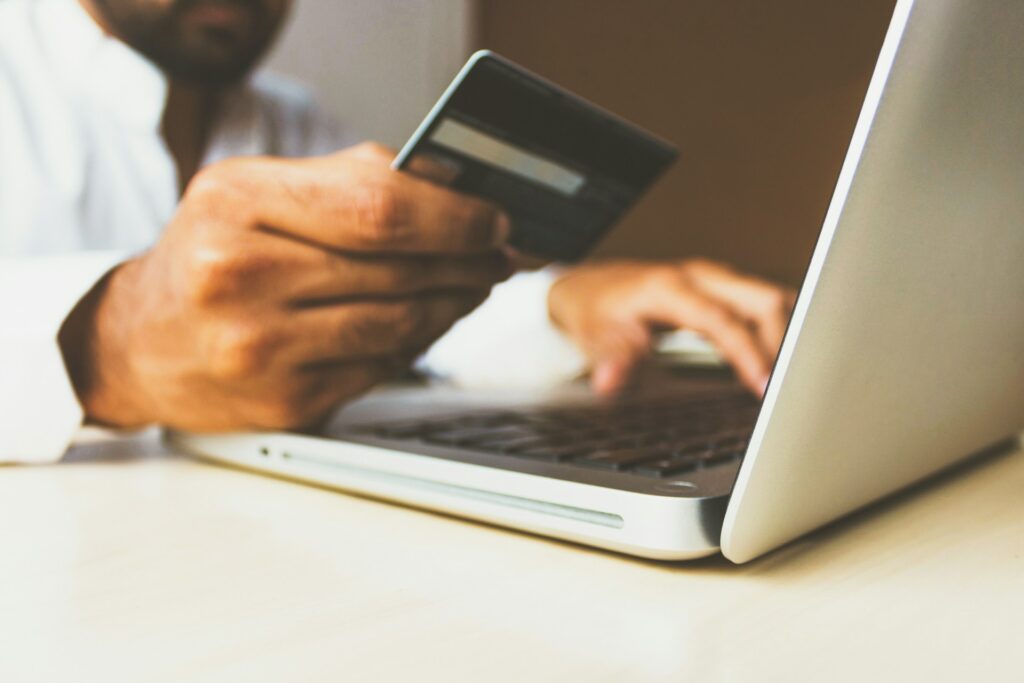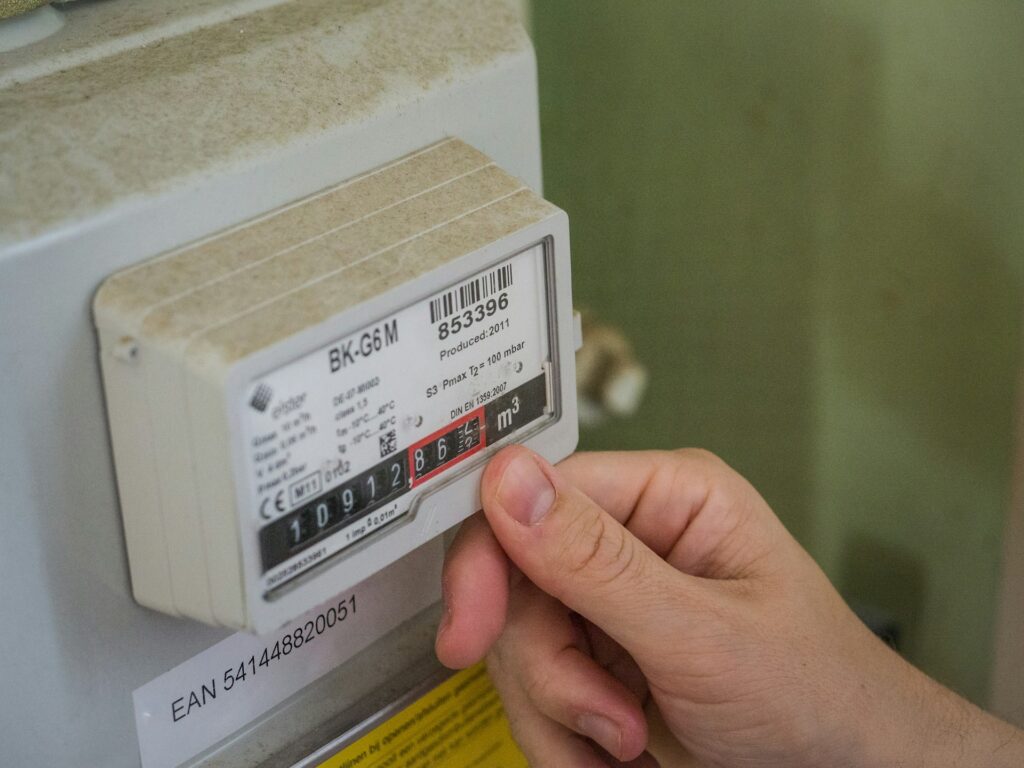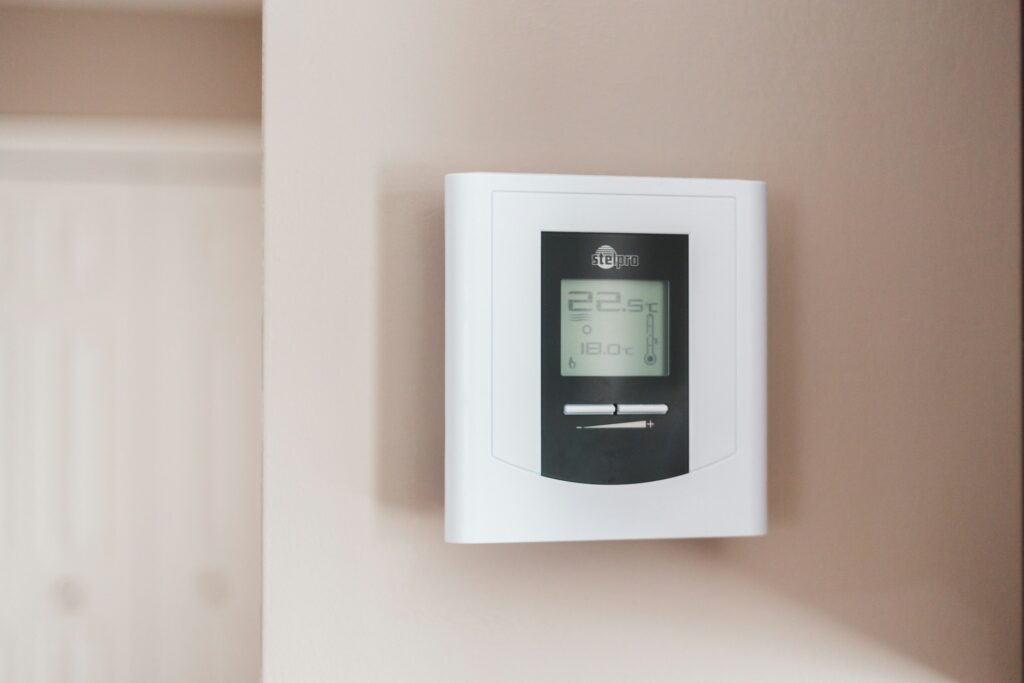Using a credit card can feel like a slippery slope. Sure, they offer convenience and potential rewards, but it’s all too easy to overspend. Did you know that about 51% of cardholders carry revolving debt?
That’s a significant chunk of people feeling the weight of credit card bills. With each swipe, you might think you’re just treating yourself, but those little purchases add up fast, often leading to a shocking monthly bill that’s harder to pay off than you expected.
And let’s talk rewards. While many credit cards advertise enticing cashback offers, they can be deceiving. High annual fees can quickly eat into any rewards you earn. In fact, many cash-back cardholders redeem their rewards for statement credits rather than exciting perks. With interest rates soaring to an average of 21.76%, carrying a balance can negate any benefits from those flashy rewards.
So, if you’re eager to enjoy the perks of credit cards without falling into debt, you’re in the right place. Let’s dive in and discover tips for using the credit card wisely!
What is the best way to use a credit card responsibly?
1. Understand your card’s terms
How-to: When you get a new credit card, take the time to read through its agreement. Familiarize yourself with the interest rates, fees, and any rewards structure.
How it helps: Knowing your card’s terms helps you avoid surprises like high interest rates on late payments or cash advances. Understanding the fees associated with your card can prevent unnecessary costs and maximize the benefits you can earn.
2. Set up payment alerts
How-to: Use your credit card issuer’s app or website to set up payment reminders. You can choose to receive alerts a few days before your payment is due.
How it helps: This practice can help you avoid late fees and maintain a good credit score, as timely payments are a major factor in credit scoring.
3. Pay more than the minimum
How-to: Whenever possible, pay more than just the minimum payment due on your credit card. Aim to pay off the full balance each month.
How it helps: Paying only the minimum keeps you in debt longer and incurs more interest. By paying more, you’ll reduce your balance faster and save money on interest charges.
4. Keep your credit utilization low
How-to: Try to use less than 30% of your credit limit at any given time. If your limit is $1,000, aim to keep your balance under $300.
How it helps: A lower credit utilization ratio is better for your credit score, indicating to lenders that you’re not overly reliant on credit.
5. Review your statements regularly
How-to: Take time each month to go over your credit card statements. Check for any unauthorized transactions or mistakes.
How it helps: Regularly reviewing your statements helps you catch fraud early and ensures you’re only paying for what you’ve actually spent.

6. Use rewards wisely
How-to: If your card offers cashback or points, use it for everyday purchases like groceries or gas to maximize your rewards.
How it helps: This way, you can earn back a percentage of your spending. However, always pay off your balance to avoid interest negating your rewards.
7. Avoid cash advances
How-to: If you need cash, look for alternatives rather than taking a cash advance on your credit card.
How it helps: Cash advances typically come with high fees and interest rates. Avoiding them can save you a lot of money. This is one of the most critical tips for using the credit card wisely.
8. Set a budget
How-to: Create a monthly budget that includes your credit card spending. Decide beforehand how much you can afford to put on your card.
How it helps: Sticking to a budget can prevent overspending and help you manage your credit card payments effectively.
9. Take advantage of grace periods
How-to: Pay off your balance before the due date each month to take advantage of the grace period, which is the time between the end of your billing cycle and the due date.
How it helps: This way, you won’t incur interest on your purchases, allowing you to use your card without the financial burden.
10. Monitor your credit score
How-to: Use free tools or services to keep track of your credit score regularly. Some credit card issuers provide this feature within their apps.
How it helps: Monitoring your score helps you understand how your credit card usage impacts your overall financial health. It also allows you to spot any issues that need addressing before they become bigger problems.
These tips will help you make the most of your credit card while avoiding common pitfalls, ensuring you maintain good financial health.
By following these expert tips to use the credit card wisely, you can take control of the card’s usage, ultimately saving money and boosting your credit score. Staying on top of your payments and managing your credit utilization will help you avoid high interest rates and fees, ensuring that your spending works for you rather than against you.
Moreover, strategically using your credit card for everyday purchases can earn you valuable rewards and cashback. This way, you can make the most of every dollar spent while building a strong credit history.
Incorporating these practices into your financial routine will lead to smarter spending, increased savings, and greater rewards, setting you up for long-term financial success.
Also, for the unversed, discover ways you can make money online from home without investing a penny!

